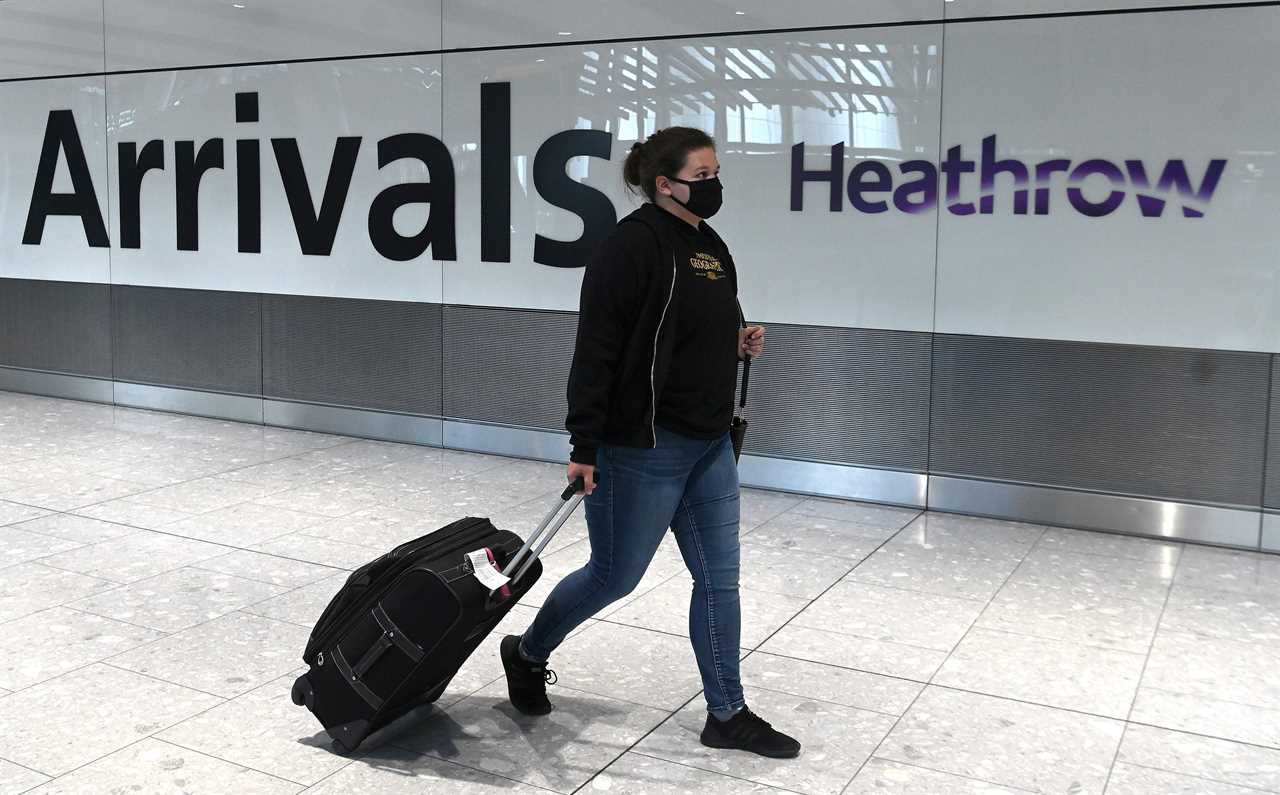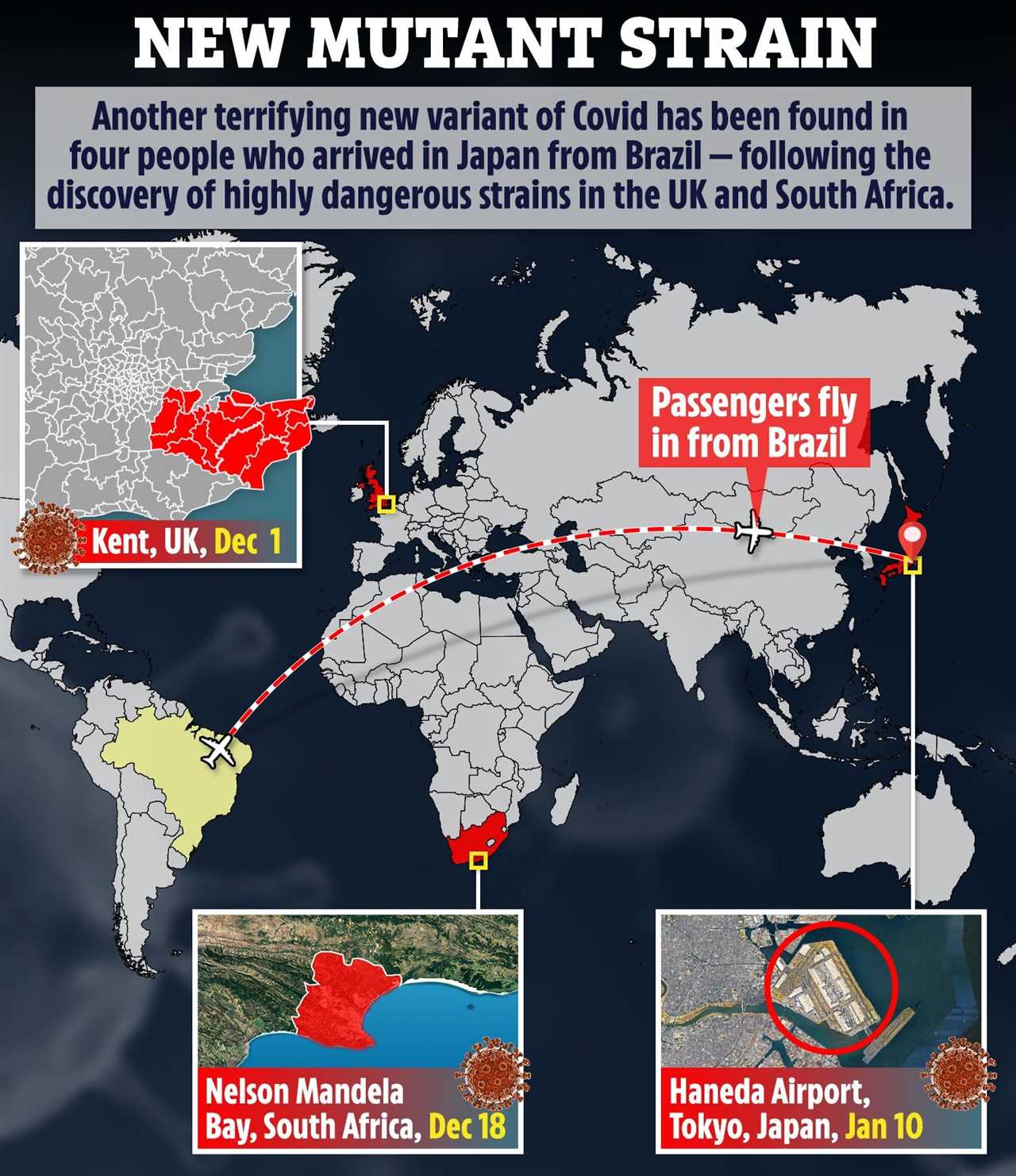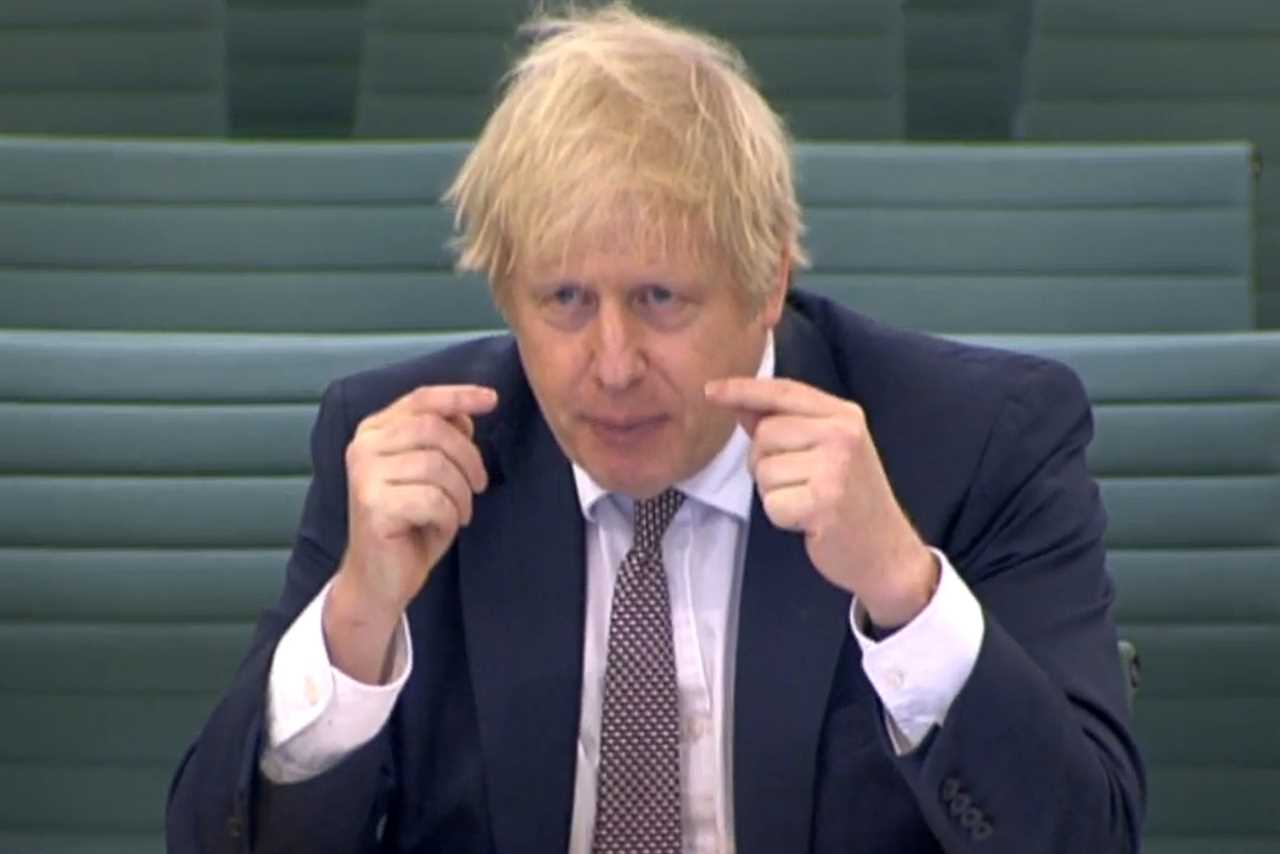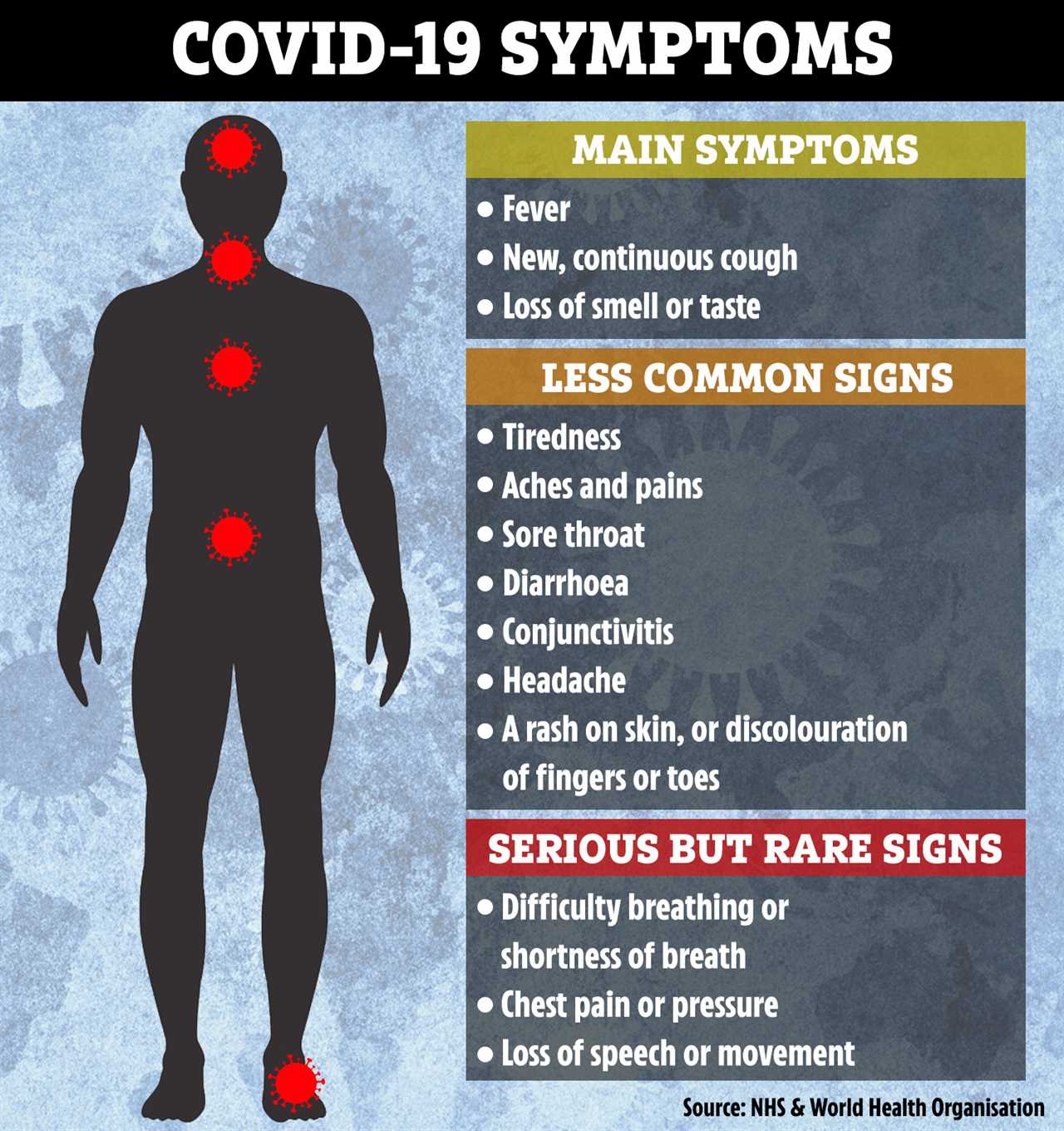BRITAIN has slapped a flight ban on ALL planes coming in from Portugal and all of South America today to try and stop the new Brazil variant hitting our shores.
The flight ban will come into effect from tomorrow morning, meaning anyone will be unable to fly direct from the dozen nations to the UK – but the USA will be spared.


Portugal was chosen to be slapped with the ban due to its “strong travel links with Brazil”, Grant Shapps said today.
It’s understood that people coming in via a connecting flight will have to declare that at the border.
Those people will still be allowed in, though will be told to quarantine for 10 days upon arrival.
They will not be able to get a negative test and escape quarantine after five days like arrivals from other countries, either.
The same flight ban and quarantine rules currently apply to more than a dozen countries in South Africa – where there is another more contagious strain tearing through the continent.
The measures, which will take place from 4am tomorrow, won’t apply to British or Irish nationals, however, or those with residence rights.
There will be an exemption for hauliers from Portugal to carry on transporting essential goods.
Government scientists say the Brazilian variant – known as mutation 194 – is similar to the highly contagious South African strain.
Boris Johnson told MPs the UK is “taking steps” to keep out cases of the latest new strain of Covid.
He held an urgent meeting of the Cabinet’s Covid Operations committee this morning to sign off on a decision on how wide to impose the ban.
All arrivals from Brazil will be banned, along with South America.
The new variant was first detected in Japan, and was there reported to the World Health Organisation.
The PM told MPs at the liaison committee yesterday: “We are concerned about the new Brazilian variant.
“We’re putting in extra measures to ensure that people coming from Brazil are checked and indeed stopping people coming from Brazil.”
It came as Britain announced it would delay the fresh testing regime for all people coming into the UK from Friday – back into next week.
The three day delay is reported to be as a result of a backlash from businesses and airlines.
From next week the Government have announced fines for airlines not checking people have negatives tests.
Minister Victoria Atkins said this morning the day was down to economic concerns.
She told Sky News: “There’s a very delicate balancing act here between controlling the virus but also ensuring that we are not putting too much of a burden on the economy.”
Yesterday the PM was panned by Labour MP Yvette Cooper as he struggled to explain what measures the Government was taking to keep out the mutant strain.

And at one stage he appeared to mutter “oh god” under his breath as he failed to answer questions.
Border chiefs exposed the Government’s inadequate checks on arrivals.
Only one in ten passengers arriving in the UK are being checked to make sure they are complying with Covid quarantine rules, Lucy Moreton from the Immigration Services Union told MPs.
The official, whose union represents border staff, said checks at the border to make sure travellers have filled out passenger locator forms are “very basic”, are not carried out on “every arriving passenger”, and appear to be “unenforceable”.
The 14-day self-isolation policy for UK arrivals, bar a handful of exemptions, was introduced in June, with breaches punishable by fines of between £100 and £1,000.
The rules require travellers to fill out a form in advance of arrival, providing contact information, travel details and an address where they plan to self-isolate once they arrive in the country.

Ms Moreton told the Commons Home Affairs Committee: “The check is very, very basic. Simply, has the form been completed, is the information contained in it vaguely plausible? So, unless it’s manifestly unreliable, we accept the data that’s put there at face value.”
Speaking to the Commons Home Affairs Committee today, Ms Moreton said: “We don’t check every arriving passenger. We aim, where there is a high level of compliance with that carrier, to check about 10% of arrivals.”
Asked how effective the checks are, she replied: “They are very limited, unfortunately. There simply is not the facility in the border to make any checks on the veracity of what’s there.”






